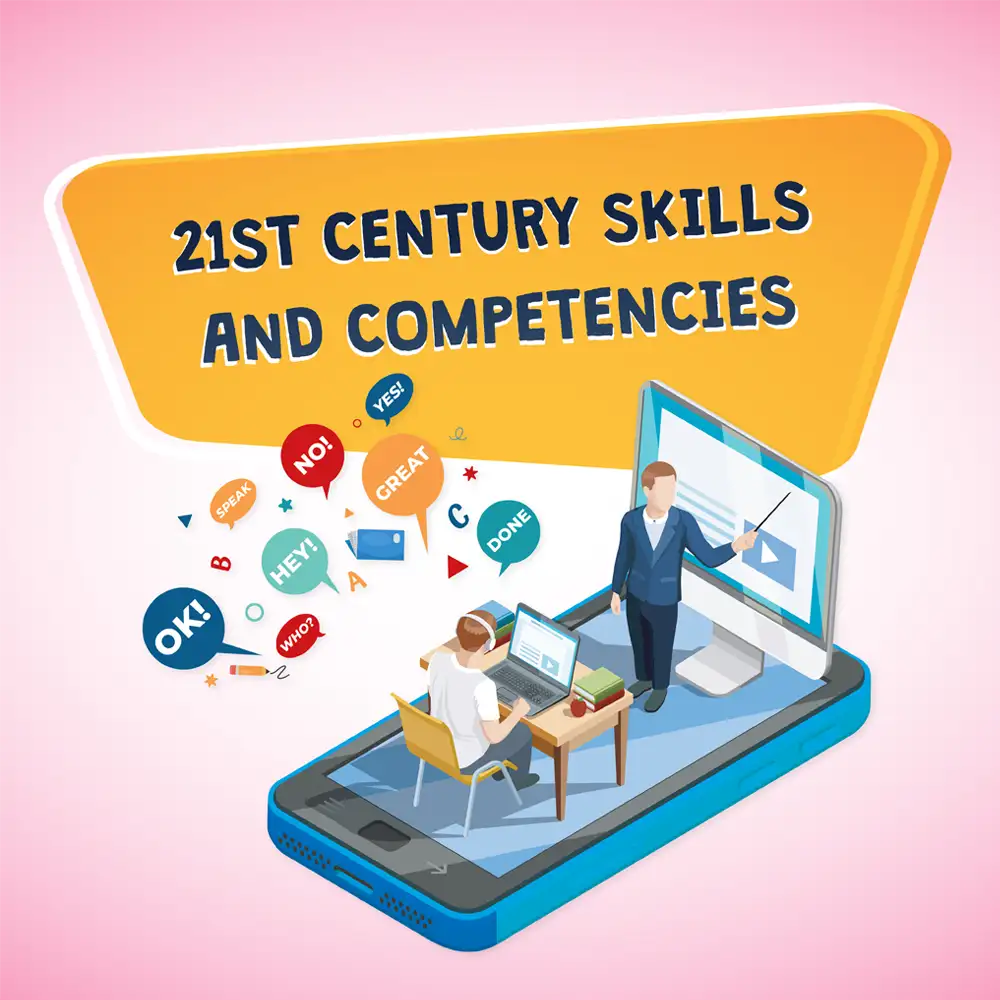DERMEN ERASMUS TRAINING COURSES

- #CLİMATE CARES! EDUCATION A BETTER ENVIRONMENT

Course Content:
Within the scope of 21st century education, the skills (Collaboration, Communication, Creativity, Critical Thinking) development has become increasingly popular among educators in recent years. Schools now strive to educate their students to acquire competencies like critical thinking, clear communication, collaborative practices and creative deeds.Teachers are expected to be skillful, broad minded and reflective.All teachers need to know what kind of teachers they are and how well they are doing in their profession. Reflective teaching is thinking about your teaching and thinking about how you can improve your activities to achieve better results.
If teachers are trained on reflective teaching, they can easily look upon their classroom practices and see how they are doing on the 21st century skills development. They can reflect on the activities that do not work and try to replace them with more effective ones. The course provides a learning environment which enriches the participants’ theoretical and practical knowledge on the development of 21st century skills and helps them to reflect upon their classroom practices. Demonstration of sample cases will be a good resource for them before they start to work in groups. The workshops will provide them the ground for practising reflection on 21st century skills development activities in their own classes. Collaboration and shared experience during the course will lead to learner education on acquisition of competencies like critical thinking, clear communication, collaborative practices and creativity.
Objectives:
- Understand the key concepts and principles of 21st-century skills and competencies.
- Identify and differentiate between various 21st-century skills, such as critical thinking, creativity, collaboration, communication, and digital literacy.
- Analyze the importance of 21st-century skills in the context of modern work environments and the global economy.
- Foster creativity and innovation through hands-on activities and problem-solving exercises.
- Enhance critical thinking abilities to analyze information, evaluate sources, and make informed decisions.
- Develop effective communication skills, including written, verbal, and digital communication.
- Cultivate collaboration and teamwork skills to work effectively in diverse groups and projects.
- Foster adaptability and flexibility in response to rapidly changing technological and societal landscapes.
- Promote digital literacy and technological proficiency in navigating digital tools and platforms.
- Encourage lifelong learning and self-directed learning habits to adapt to continuous personal and professional development.
- Explore cultural awareness and global citizenship, fostering respect for diverse perspectives and backgrounds.
- Integrate ethical considerations and responsible decision-making into the application of 21st-century skills.
- Apply 21st-century skills in real-world scenarios and project-based activities.
- Reflect on personal growth and progress in acquiring 21st-century skills and competencies.
- Explore ways to integrate 21st-century skills into various educational and professional settings.




